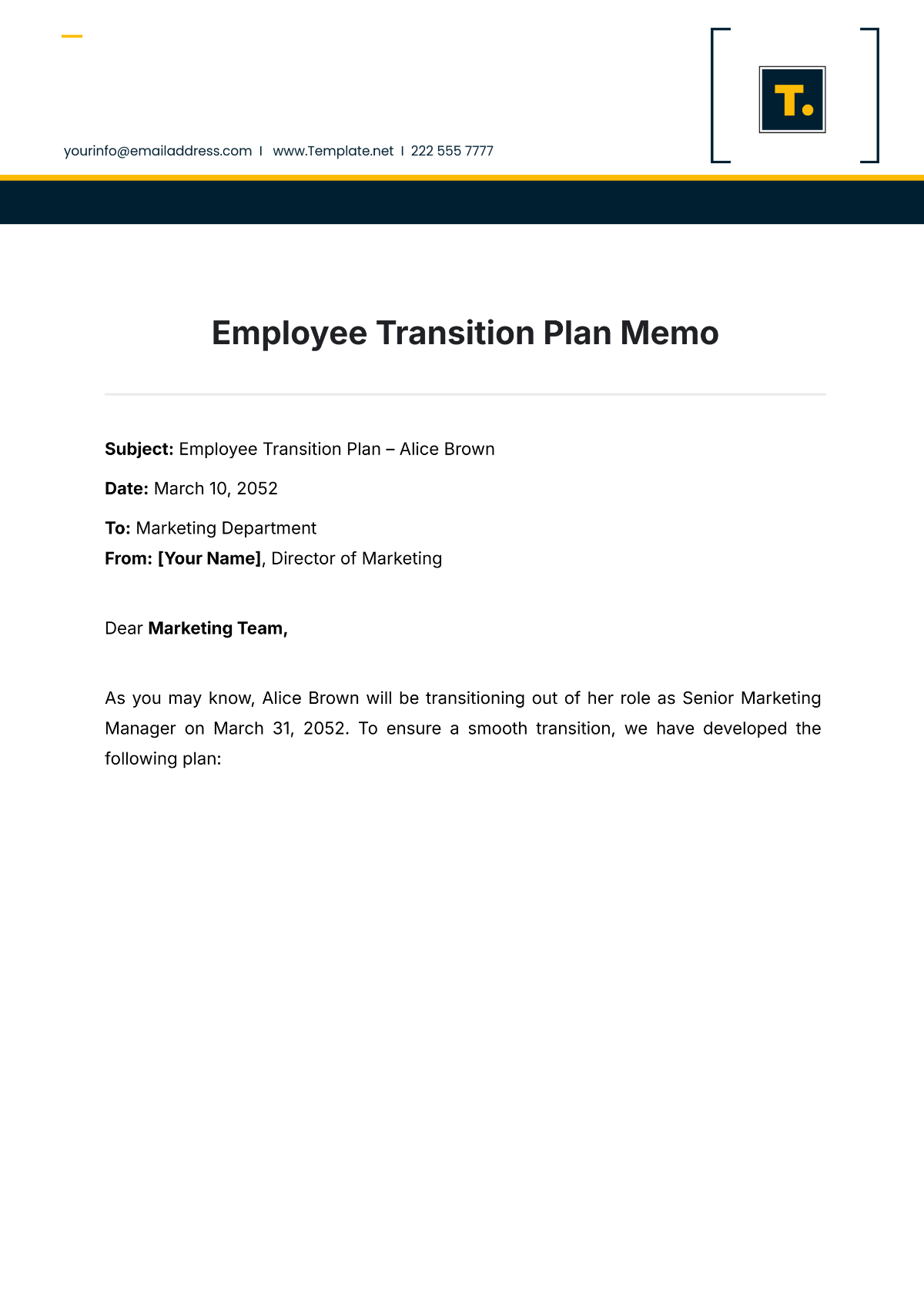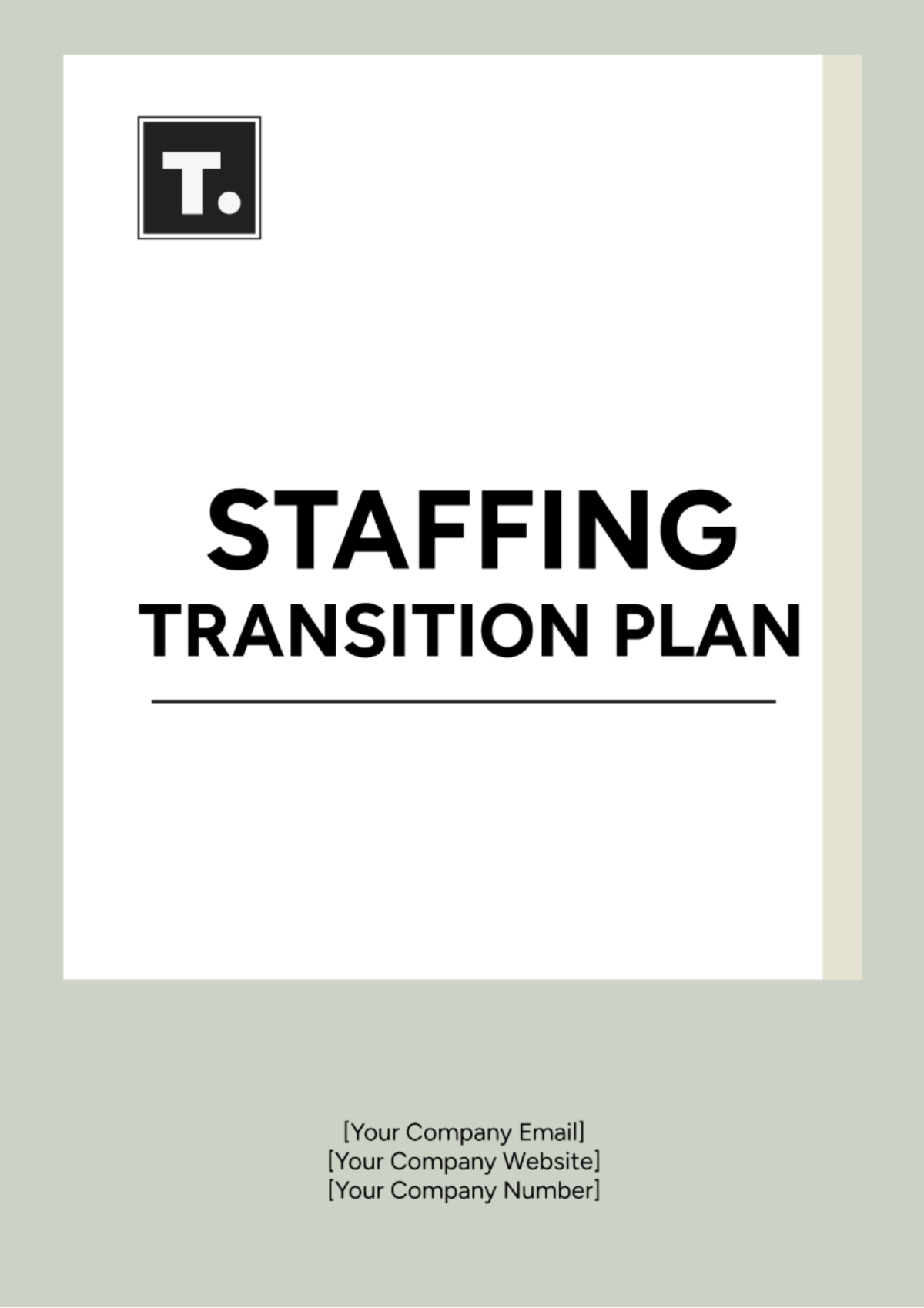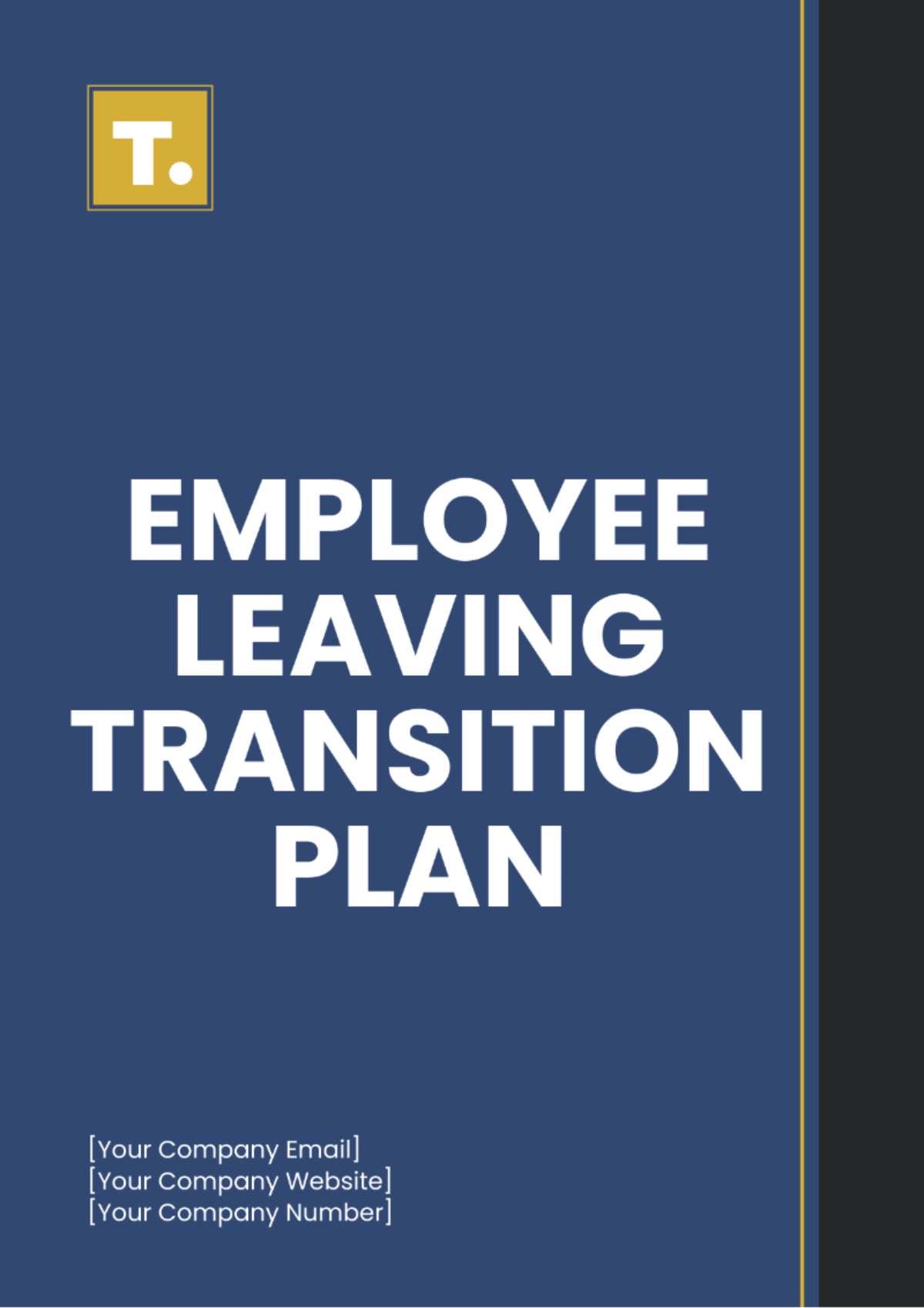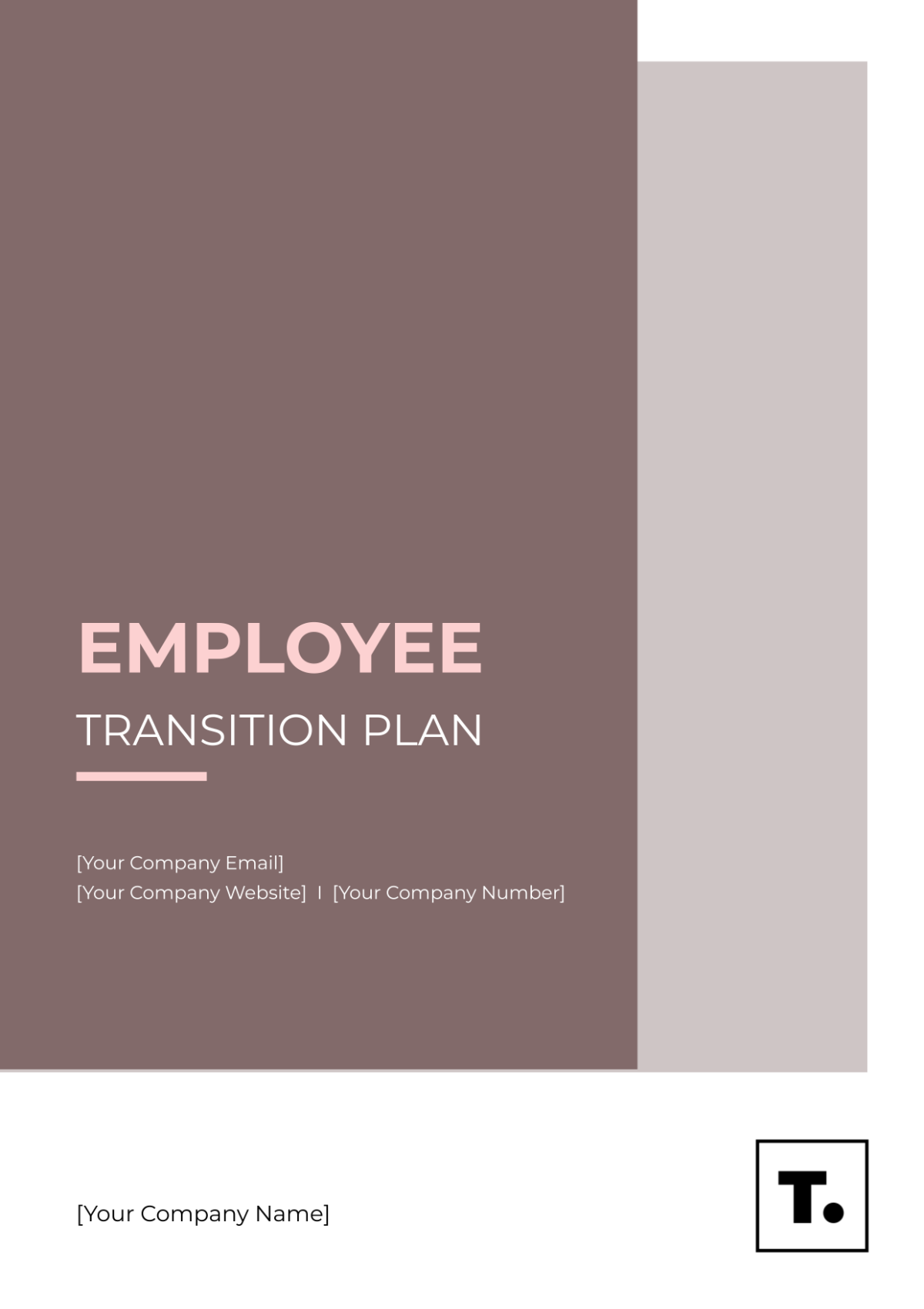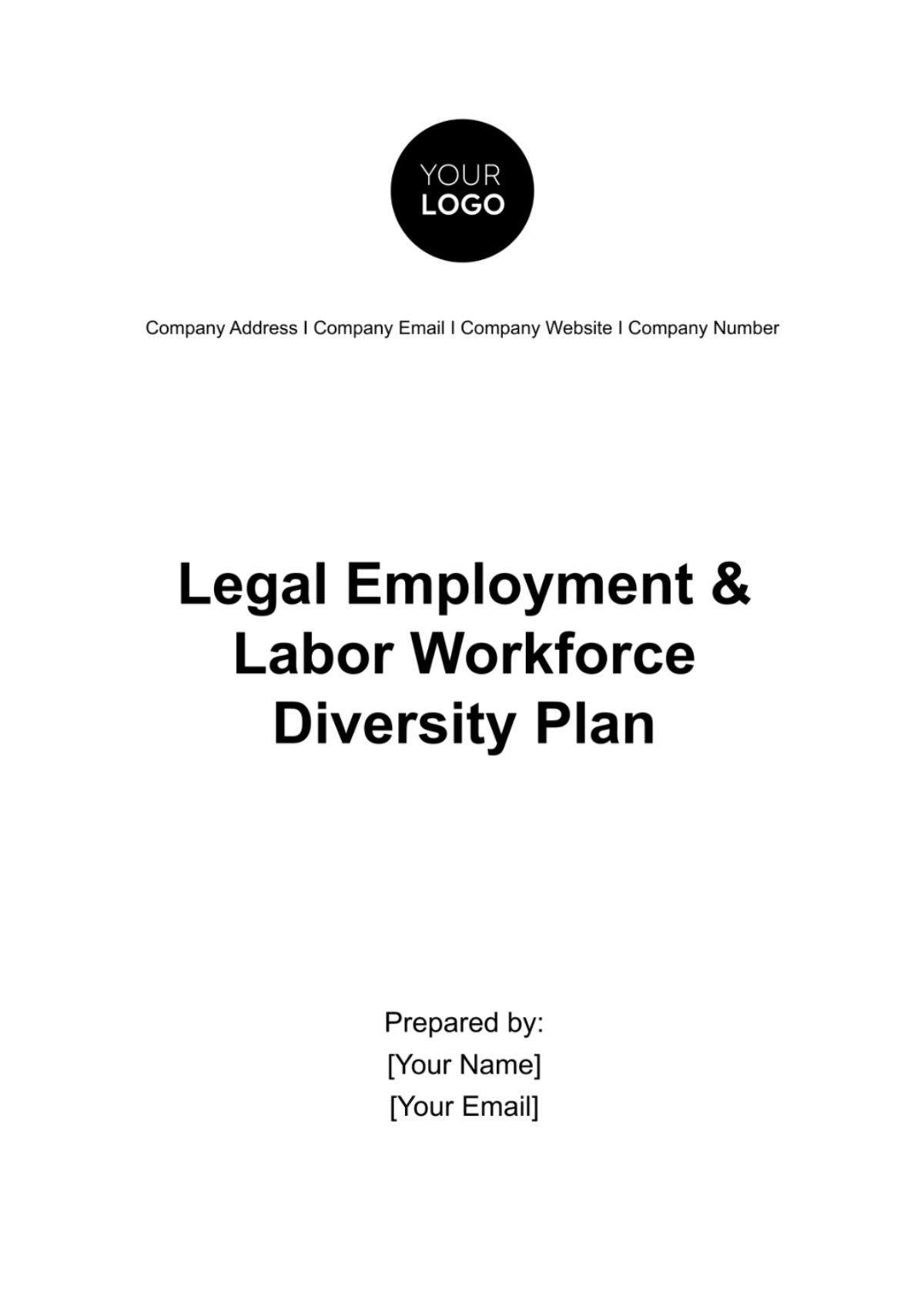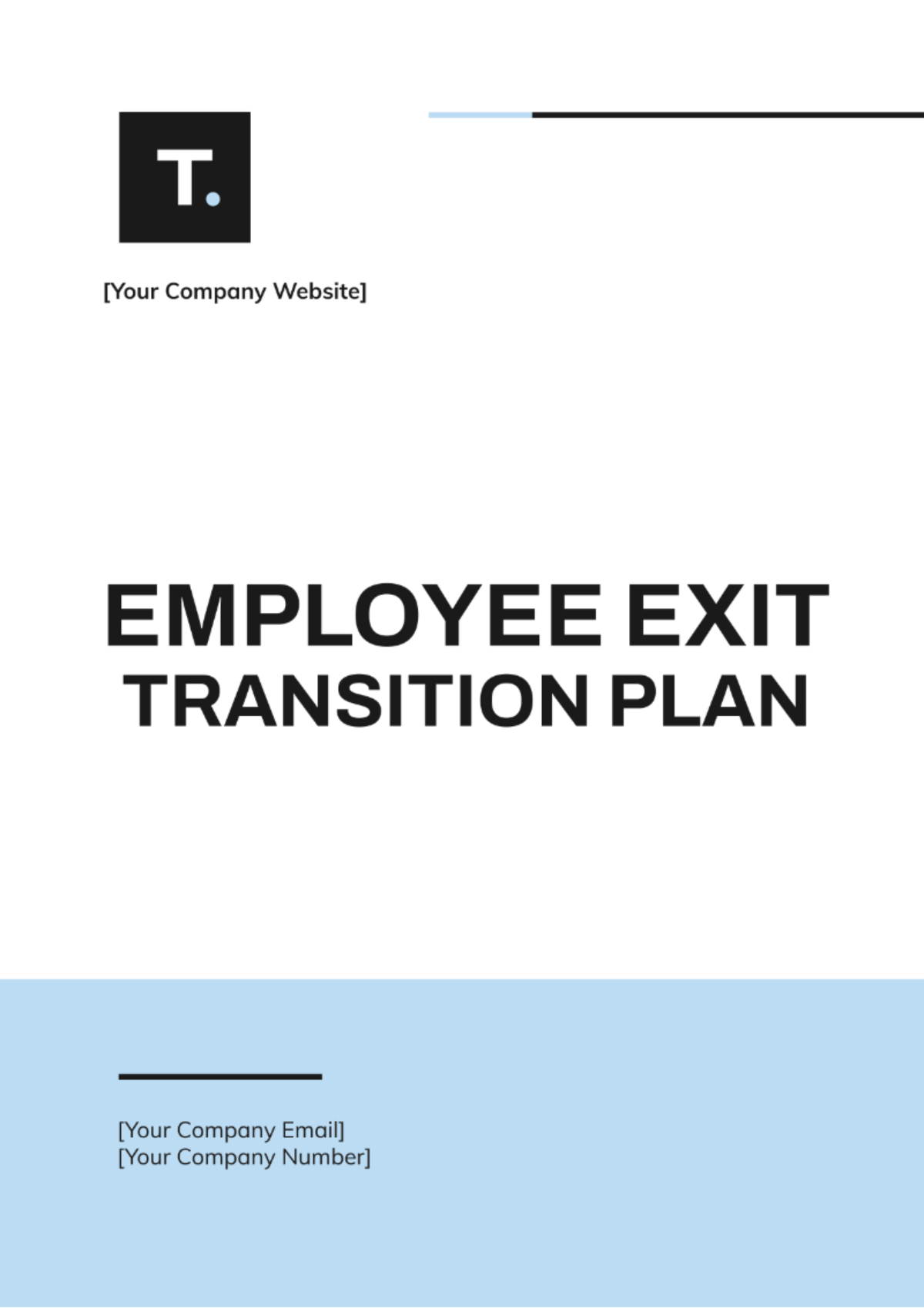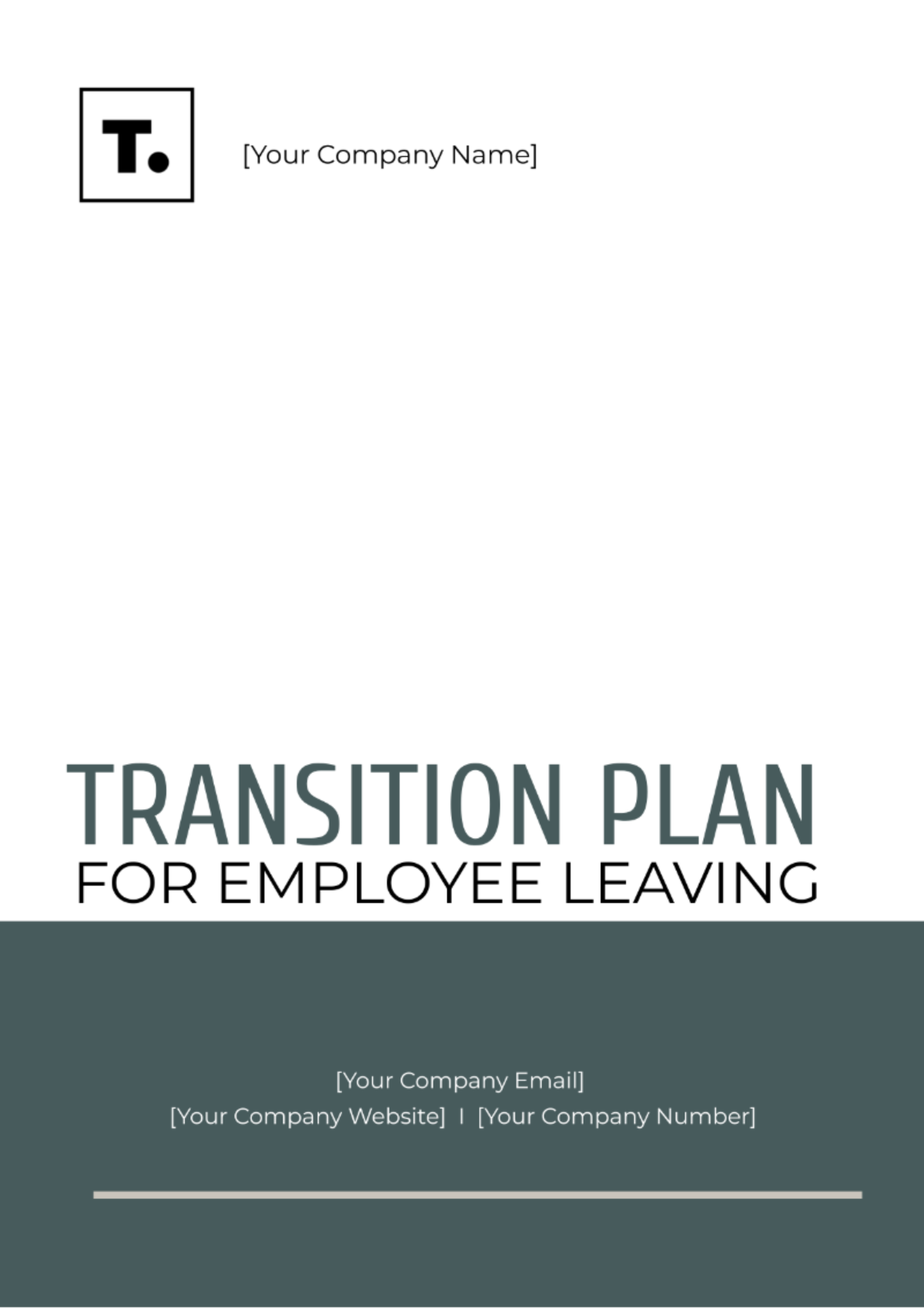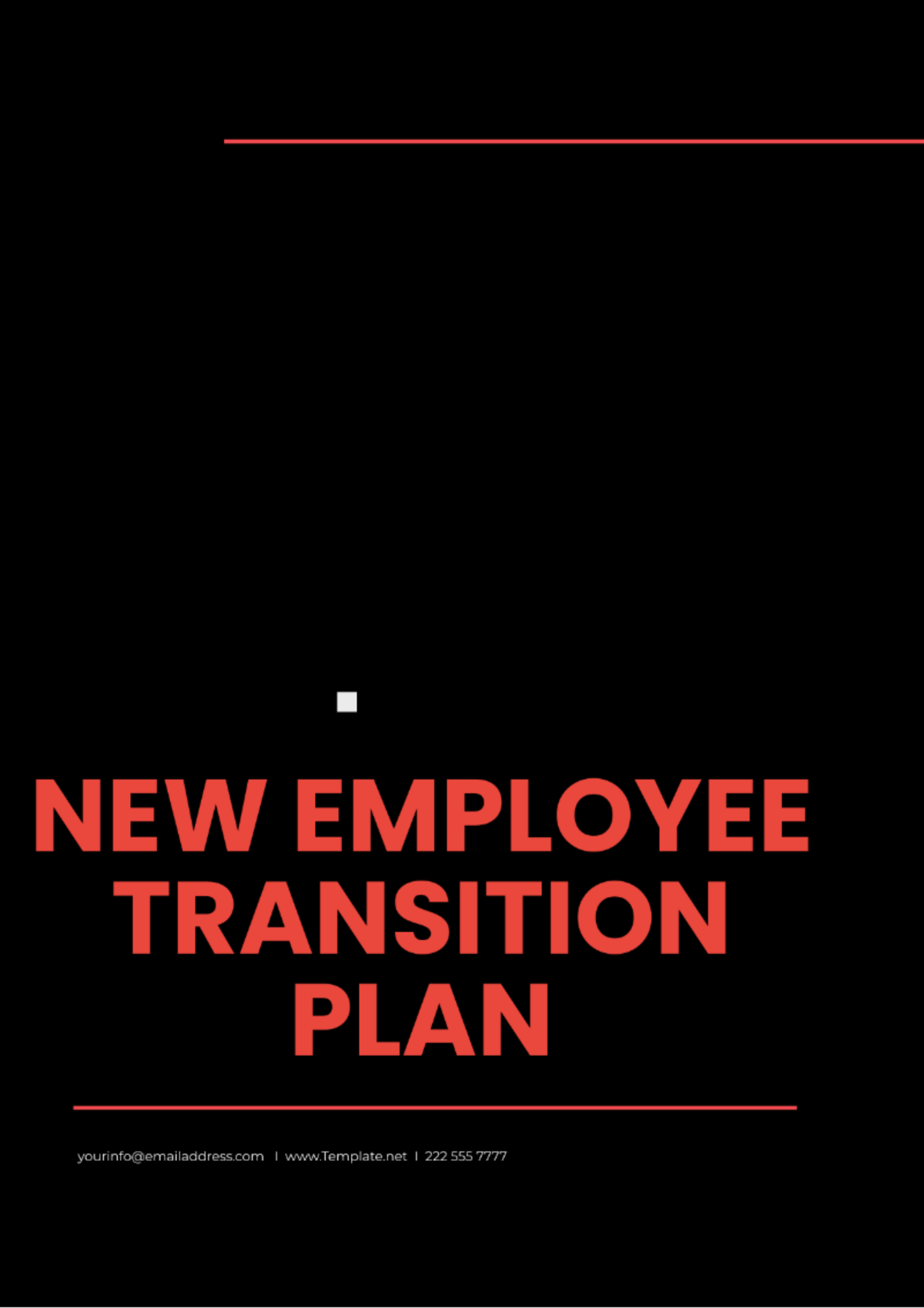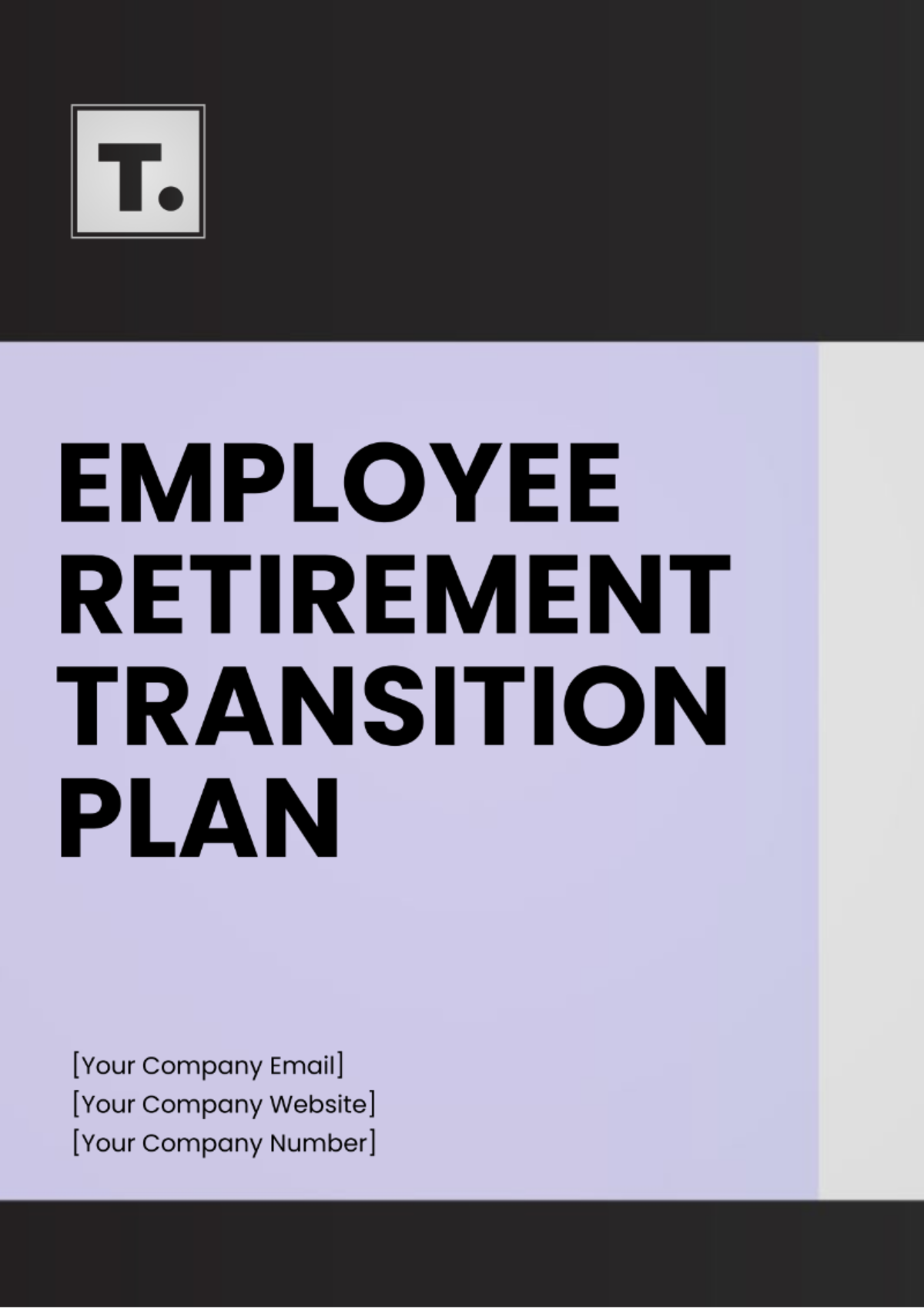TRANSITION PLAN FOR EMPLOYEE LEAVING
I. Overview
This Employee Transition Plan serves as a comprehensive guide for managing the departure of an employee. The plan outlines the steps, strategies, and responsibilities necessary to ensure a seamless transition and minimal disruption to business operations.
II. Employee Details
Employee Name | [Employee Name] |
Position | [Employee Position] |
Last Working Day | [Last Working Day] |
Supervisor | [Supervisor Name] |
III. Transition Preparation
A. Exit Interview
Schedule and conduct an exit interview with the departing employee to gather feedback and insights.
Document key points from the exit interview for future reference and improvement.
B. Knowledge Assessment
Assess the departing employee's knowledge, skills, and responsibilities to identify critical areas for transfer.
Identify potential gaps and areas that require special attention during the transition.
IV. Knowledge Transfer Strategy
A. Document Transfer
Compile a list of all relevant documents, files, and resources owned or accessed by the departing employee.
Ensure all documents are organized, up-to-date, and accessible to the successor.
Transfer ownership of digital and physical assets as needed.
B. Task Transition
Create a detailed inventory of ongoing tasks, projects, and responsibilities assigned to the departing employee.
Prioritize tasks based on deadlines, importance, and impact on business continuity.
Assign tasks to appropriate team members or designate a successor for seamless handover.
C. Training and Mentorship
Facilitate knowledge transfer sessions between the departing employee and the successor.
Develop training materials, manuals, or guides to support the transition process.
Encourage mentorship and shadowing opportunities for the successor to learn key aspects of the role.
V. Succession Planning
Identify potential candidates or interim solutions to fulfill the responsibilities of the departing employee during the transition period.
Delegate temporary roles or redistribute tasks among existing team members to maintain workflow stability.
VI. Communication Strategy
A. Internal Communication
Notify relevant departments, teams, and stakeholders about the transition plan and its impact.
Schedule team meetings or town halls to discuss the transition, roles, and expectations.
Provide regular updates and progress reports on the transition process.
B. External Communication
Inform clients, partners, suppliers, and other external stakeholders about the employee's departure and transition plan.
Introduce the successor or interim contact person to external parties to ensure continuity of relationships.
VII. Recruitment and Onboarding
If necessary, collaborate with HR to initiate recruitment efforts to fill the vacant position.
Develop a job description, screening criteria, and interview process for potential candidates.
Plan and coordinate the onboarding process for the new hire, including training and orientation.
VIII. Timeline and Milestones
Establish a timeline with clear milestones and deadlines for each phase of the transition plan.
Regularly review and adjust the timeline as needed to accommodate changes or challenges.
IX. Monitoring and Evaluation
Assign responsibility for monitoring the transition progress and addressing any issues or delays promptly.
Conduct periodic evaluations to assess the effectiveness of the transition plan and identify areas for improvement.
X. Follow-Up and Support
Provide ongoing support and guidance to the successor or interim team members throughout the transition period.
Address any concerns, questions, or feedback from stakeholders to ensure a smooth transition experience.
XI. Documentation and Closure
Document all activities, decisions, and outcomes related to the transition process for future reference and learning.
Close out the transition plan with a final review, lessons learned, and recommendations for future transitions.
This Employee Transition Plan is designed to facilitate a successful transition and uphold continuity. By following this plan and maintaining open communication and collaboration, we aim to minimize disruptions and ensure a positive experience for all stakeholders involved.
